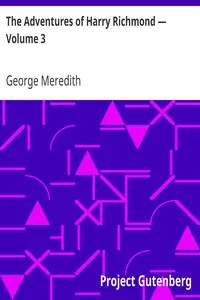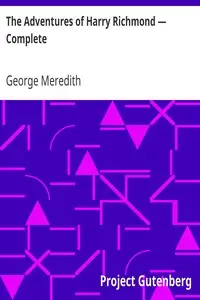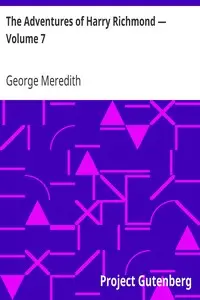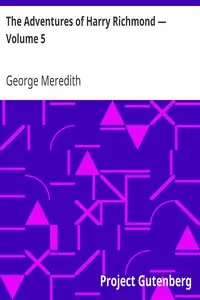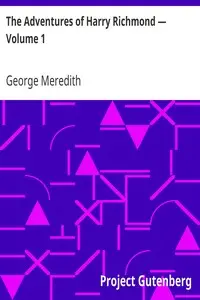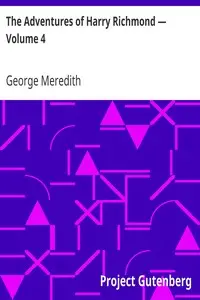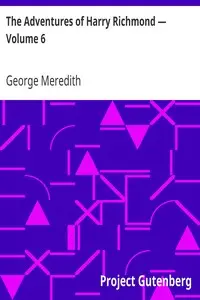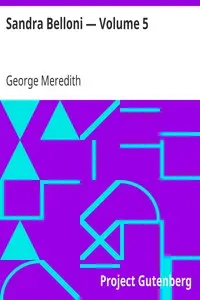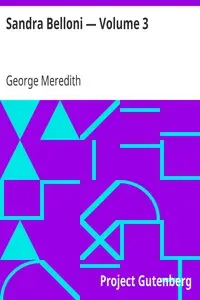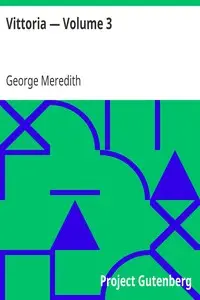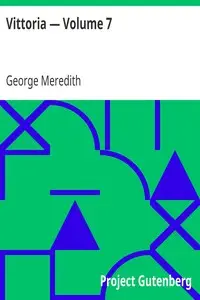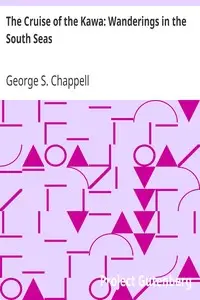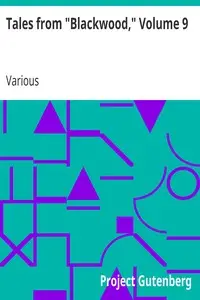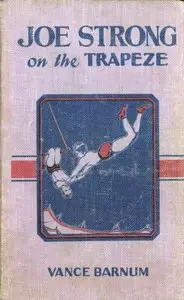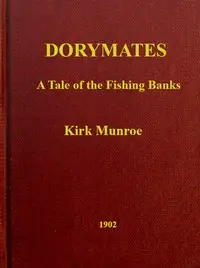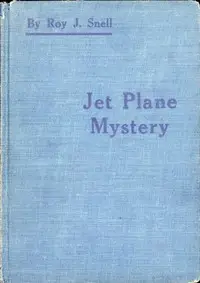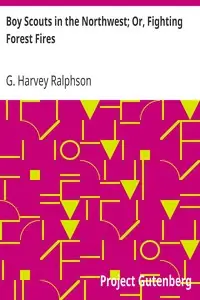"The Adventures of Harry Richmond — Volume 2" by George Meredith is a story about a young man named Harry Richmond and his exciting journey of self-discovery. It is a tale of a boy who craves adventure and freedom, contrasting with his time at a strict school. Harry runs into an interesting variety of characters, like a gipsy girl, Kiomi, and a friendly tramp, as he explores the outdoors and interacts with others, such as a farmer. This part of the story captures Harry's newfound independence and the thrill of roaming free, but it also suggests he has deeper feelings about his past and his father, all told in a way that mixes whimsy and reflection, inviting readers to join Harry on his path.
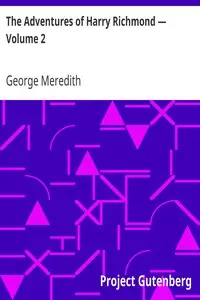
The Adventures of Harry Richmond — Volume 2
By George Meredith
A spirited young man escapes a structured life to wander the countryside, encountering colorful characters as he pieces together his past and chases the meaning of freedom.
Summary
About the AuthorGeorge Meredith was an English novelist and poet of the Victorian era. At first, his focus was poetry, influenced by John Keats among others, but Meredith gradually established a reputation as a novelist. The Ordeal of Richard Feverel (1859) briefly scandalised Victorian literary circles. Of his later novels, the most enduring is The Egoist (1879), though in his lifetime his greatest success was Diana of the Crossways (1885). His novels were innovative in their attention to characters' psychology, and also portrayed social change. His style, in both poetry and prose, was noted for its syntactic complexity; Oscar Wilde likened it to "chaos illumined by brilliant flashes of lightning". Meredith was an encourager of other novelists, as well as an influence on them; among those to benefit were Robert Louis Stevenson and George Gissing. Meredith was nominated for the Nobel Prize in Literature seven times.
George Meredith was an English novelist and poet of the Victorian era. At first, his focus was poetry, influenced by John Keats among others, but Meredith gradually established a reputation as a novelist. The Ordeal of Richard Feverel (1859) briefly scandalised Victorian literary circles. Of his later novels, the most enduring is The Egoist (1879), though in his lifetime his greatest success was Diana of the Crossways (1885). His novels were innovative in their attention to characters' psychology, and also portrayed social change. His style, in both poetry and prose, was noted for its syntactic complexity; Oscar Wilde likened it to "chaos illumined by brilliant flashes of lightning". Meredith was an encourager of other novelists, as well as an influence on them; among those to benefit were Robert Louis Stevenson and George Gissing. Meredith was nominated for the Nobel Prize in Literature seven times.

